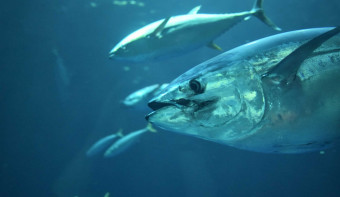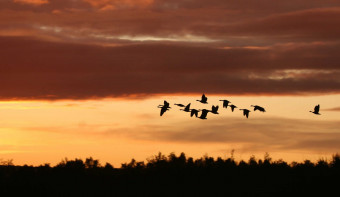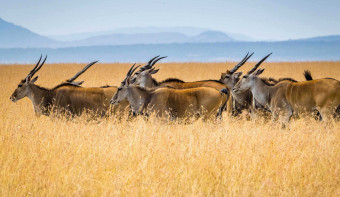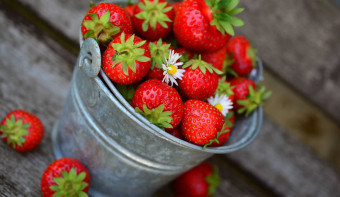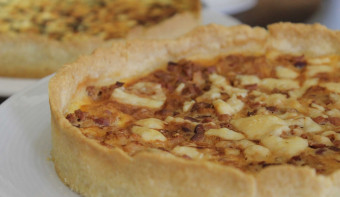About World Bee Day
It's hard to say what a bee's favourite day is, but 20 May is the birth date of Anton Janša (1734–1773), a Slovenian beekeeper, the pioneer of modern beekeeping and one of the greatest authorities on the subject of bees.
World Bee Day, celebrated annually on May 20th, was initiated by Slovenia to raise awareness about the importance of bees and other pollinators for our planet's ecosystem, food production, and biodiversity.
Bee facts
- Did you know? Bees can see a colour imperceptible to humans and known as “bee’s purple”. It is a combination of yellow and UV light.
- Did you know? The average honey bee will make a twelfth of a teaspoon of honey in its lifetime.
- Did you know? Because it hums, the bumblebee was called the humblebee until the early 20th century.
- Did you know? Bees are actually a democracy. They have debates when choosing a new home and each scout is given an equal platform. The votes end with a unanimous decision as each bee in the colony does its own research to verify the scout claims. The Queen remains impartial throughout the process.
What can you do?
The World Bee Day website has the following suggestions:
- Plant nectar-bearing flowers for decorative purposes on balconies, terraces, and gardens.
- Buy honey and other hive products from your nearest local beekeeper.
- Raise awareness among children and adolescents on the importance of bees and express your support for beekeepers.
- Set up a pollinator farm on your balcony, terrace, or garden; you can either make it yourself or buy at any home furnishings store.
- Preserve old meadows – which feature a more diverse array of flowers – and sow nectar-bearing plants.
- Cut grass on meadows only after the nectar-bearing plants have finished blooming.
- Offer suitable farming locations for the temporary or permanent settlement of bees so that they have suitable pasture; as a consequence, they will pollinate our plants, which will thereby bear more fruit.
- Use pesticides that do not harm bees, and spray them in windless weather, either early in the morning or late at night, when bees withdraw from blossoms.
- Mulch blooming plants in orchards and vineyards before spraying them with pesticides so that they do not attract bees after being sprayed.
Similar Observances
World Tuna Day
A day to highlight the importance of conservation management to ensure that we have systems in place to prevent tuna stocks from crashing.
Read More
Read More



